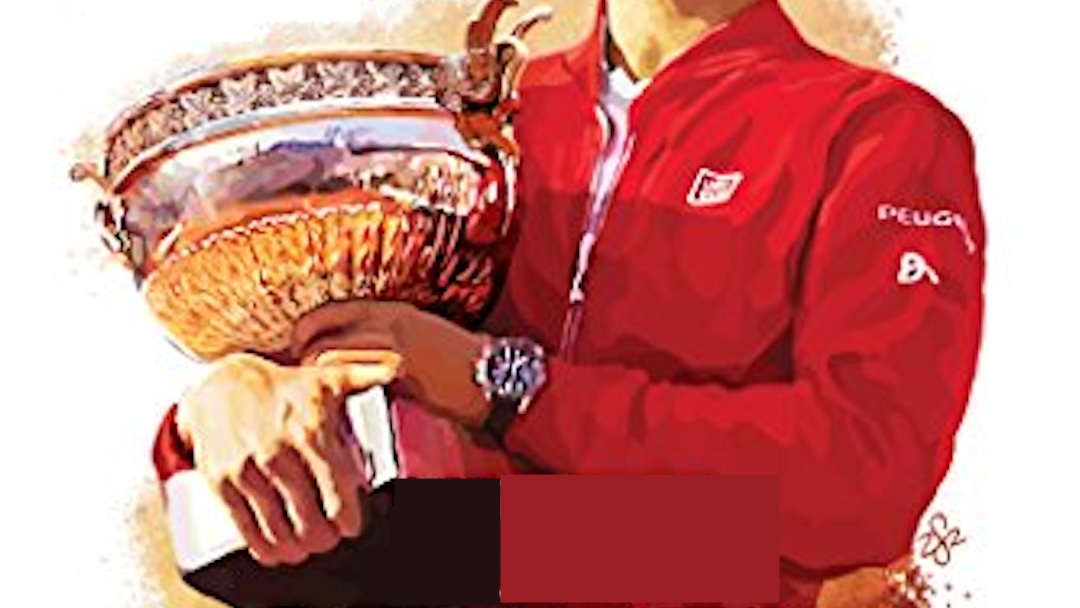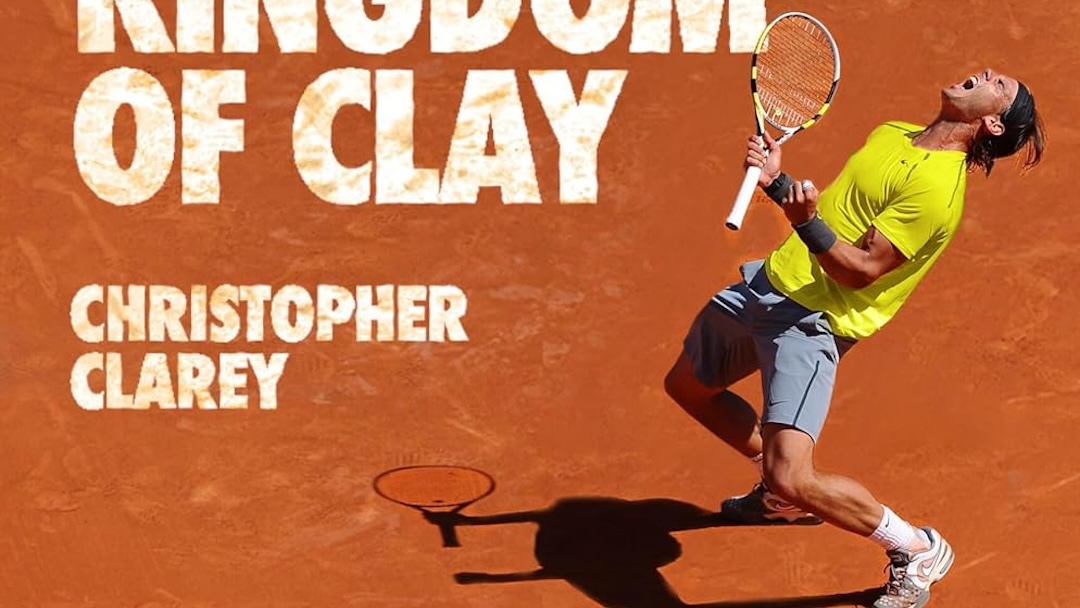Tennis Hits the Books
One of the unexpected benefits of writing this blog has been my discovery of the greatness of wheelchair tennis. When Dylan Alcott announced that the 2022 Australian Open will mark his retirement from competition, I knew that I would be reviewing his recently updated autobiography as “Australian Summer of Tennis” draws to a close. This compulsory read turned out to be a compulsory read: I finished the book in a single sitting.
I am embarrassed to admit that I had no idea that Alcott played basketball for the Australian national “Rollers” team. In fact, his first Olympic gold medal was in 2008 at the Beijing Paralympics when he was only 17. He was also with the team when they took the silver medal in London in 2012. If not for a freak injury to his hand and crushing disappointment over “only” the silver medal he might never have returned to tennis.
It seems cliche to note that Alcott’s life is a story of true perseverance. The book details how he was born with a tumor on his spine that required so much painful medical intervention that it is amazing in retrospect that he made it to adolescence. Perhaps he lived because he had a fighting spirit. It is equally likely that he survived because he was a fighter.
Sports was an outlet for Alcott throughout his life. In addition to basketball, he swam, competed in a triathlon, and played a little cricket which is apparently mandatory for Australians. He received his first exposure to tennis when a local club hosted a “come and try day” when he was a teenager. That was where Alcott met Heath Davidson, his future partner when he won the doubles Olympic in Rio.
As Alcott details his life in his autobiography, it becomes crystal clear that he is cut from the same cloth as the other Australian tennis legends. They played hard and partied harder. He loves music and attending concerts. If you want evidence of what that looks like, Alcott mentions that he is the guy in the “Wheelchair Crowd-surf Fail” video on YouTube.
Tennis faded from Alcott’s life when he was 16 due to his basketball obligations. After the silver disappointment in Rio he lost his passion for basketball and resumed playing tennis in late 2013. He participated in the 2014 Australian Open, but required a wildcard from Tennis Australia to make it into the field.
It was at the 2014 Australian Open when Alcott met Roger Federer for the first time. His account of that event is self-deprecating and laugh out loud funny. The episode is an example of a recurring pattern in his life story: Alcott meets someone important and hilarity ensues. Then something good happens.
Sports autobiographies of active competitors tend to have an agenda. Usually that runs along the lines of polishing the athlete’s image or putting a better publicity spin on recent scandal. Alcott’s book also has an agenda, but it is both noble and important.
Alcott has dedicated the later part of his career promoting awareness and equal opportunity for people with disabilities. His foundation provides direct assistance to people with disabilities who have been marginalized in society. He is a tireless advocate and very effective fundraiser for that cause. As Alcott observes, disability never gets the coverage it deserves in mainstream media and he is trying to address that.
It is an understatement to say that Alcott has lived a storied life. As he retires from tennis, there is a sense that he is simply moving onto the next chapter and will continue to do amazing things. He has an unfinished agenda and a passion for pursuing those things that are important to him.
His life story delivers a powerful and inspirational message to all of us. Alcott has been lucky in life. He also firmly believe that people make their own luck. Another pattern that has recurred in his life is taking chances and “putting himself out there.” When you do that, good things tend to happen.
Events don’t dictate the life you live; rather, it’s how you perceive those events that determines the path you take.
Dylan Alcott
Able: Gold Medals, Grand Slams and Smashing Glass Ceilings is a testimonial to perseverance and the importance of giving back. It is engaging and funny while delivering a powerful message.
On a personal note, I am adopting one of Dylan’s personal mantras from the book: “Stick to the process and FLF.” It you want to know what that means, you are just going to have to read his book for yourself.
 | Able: Gold Medals, Grand Slams and Smashing Glass Ceilings |



